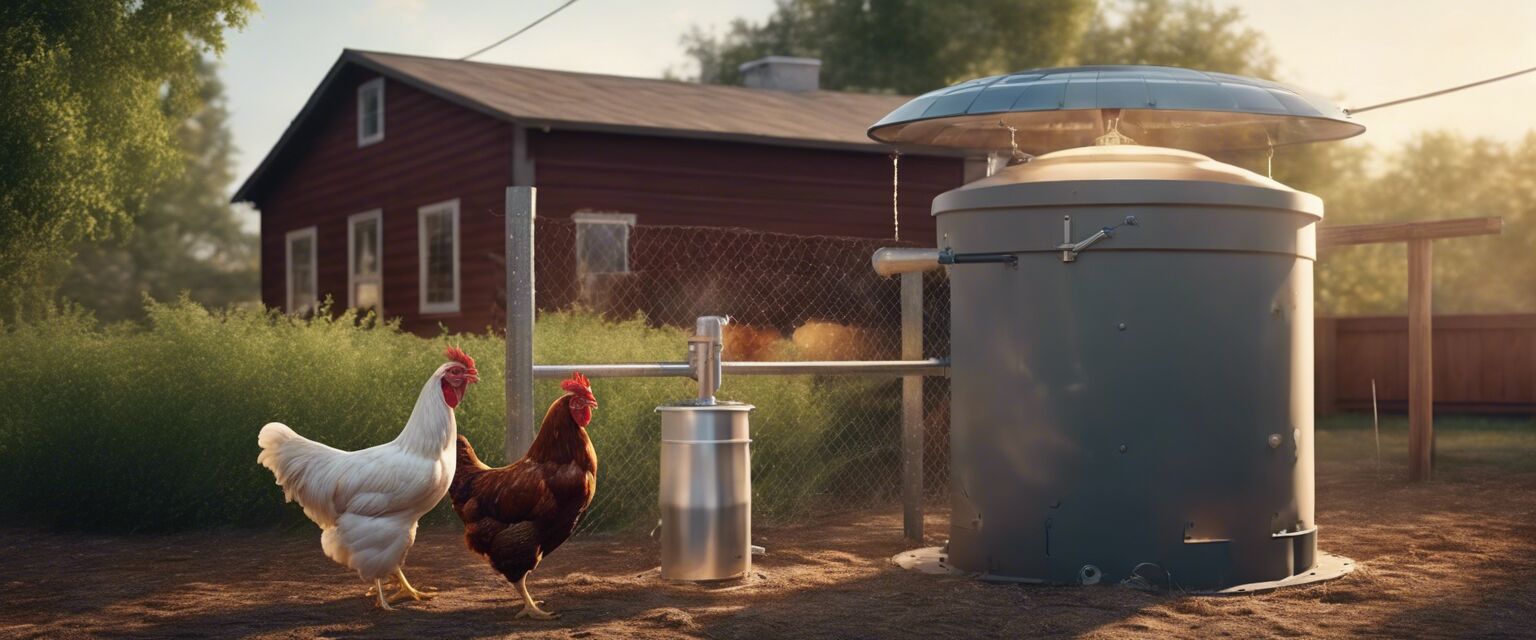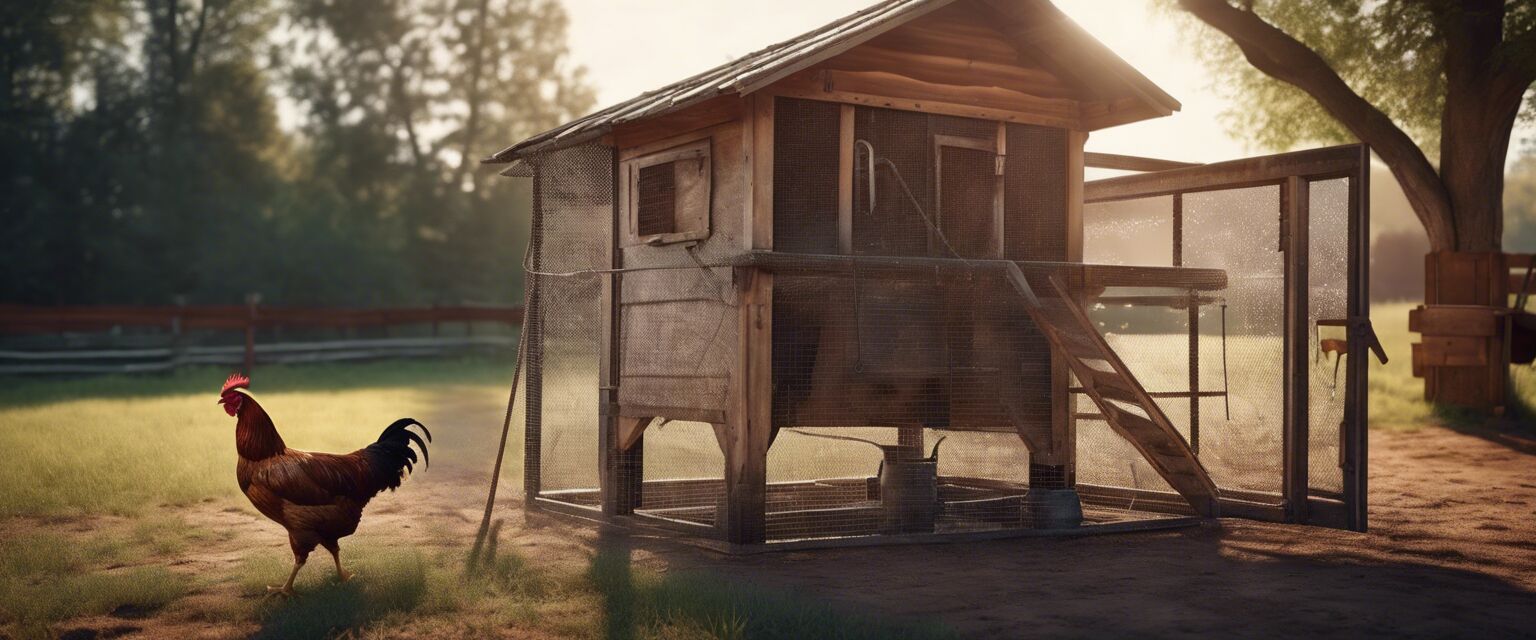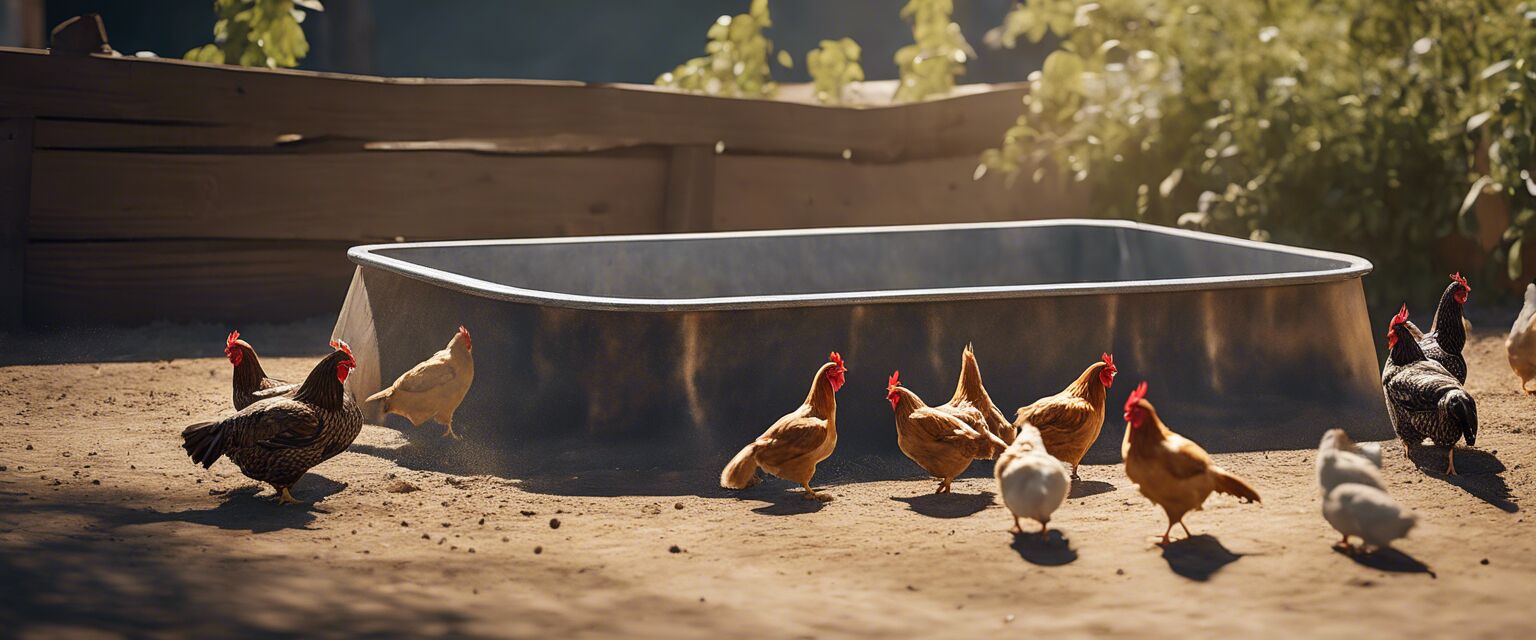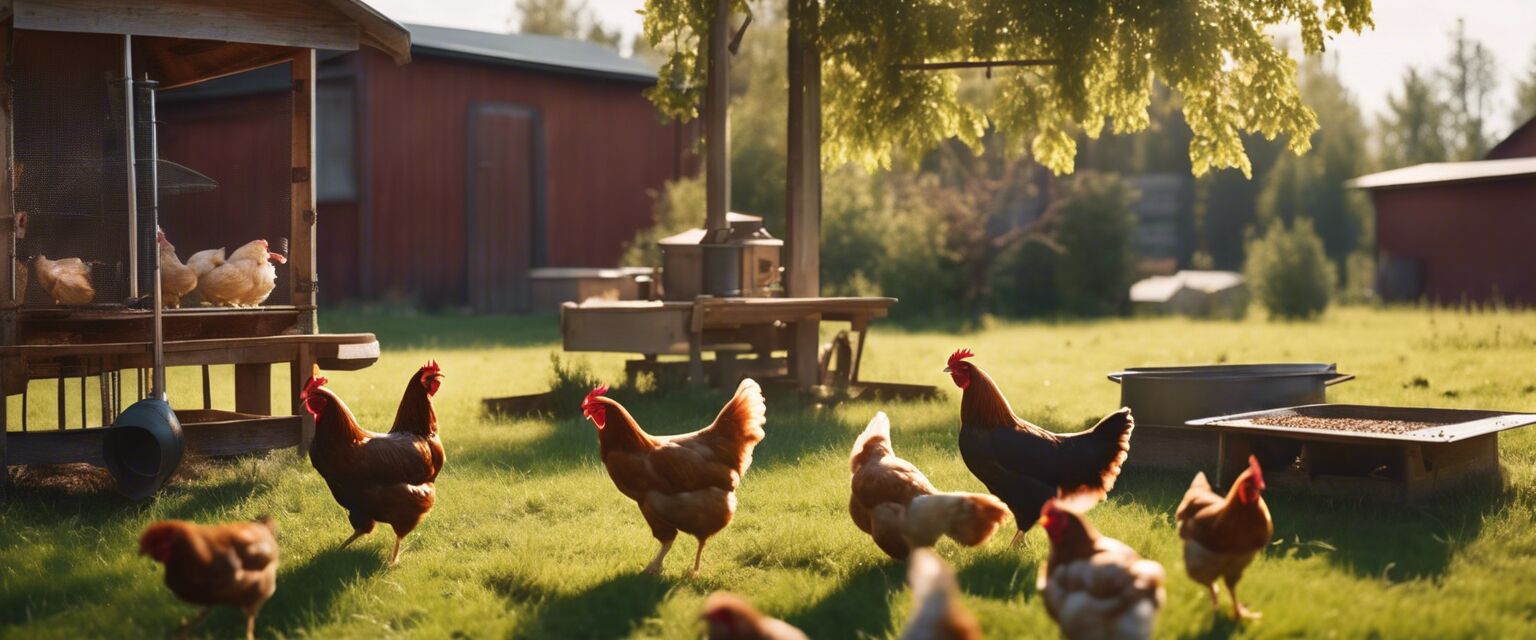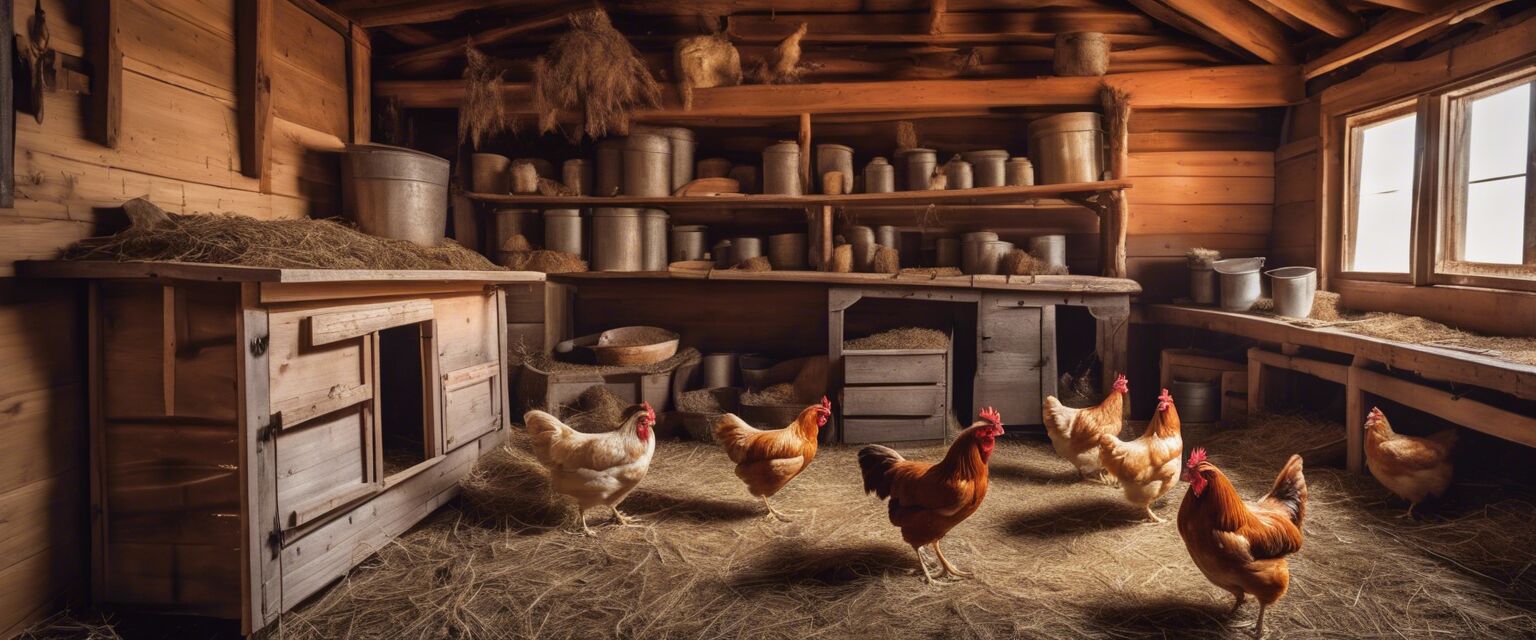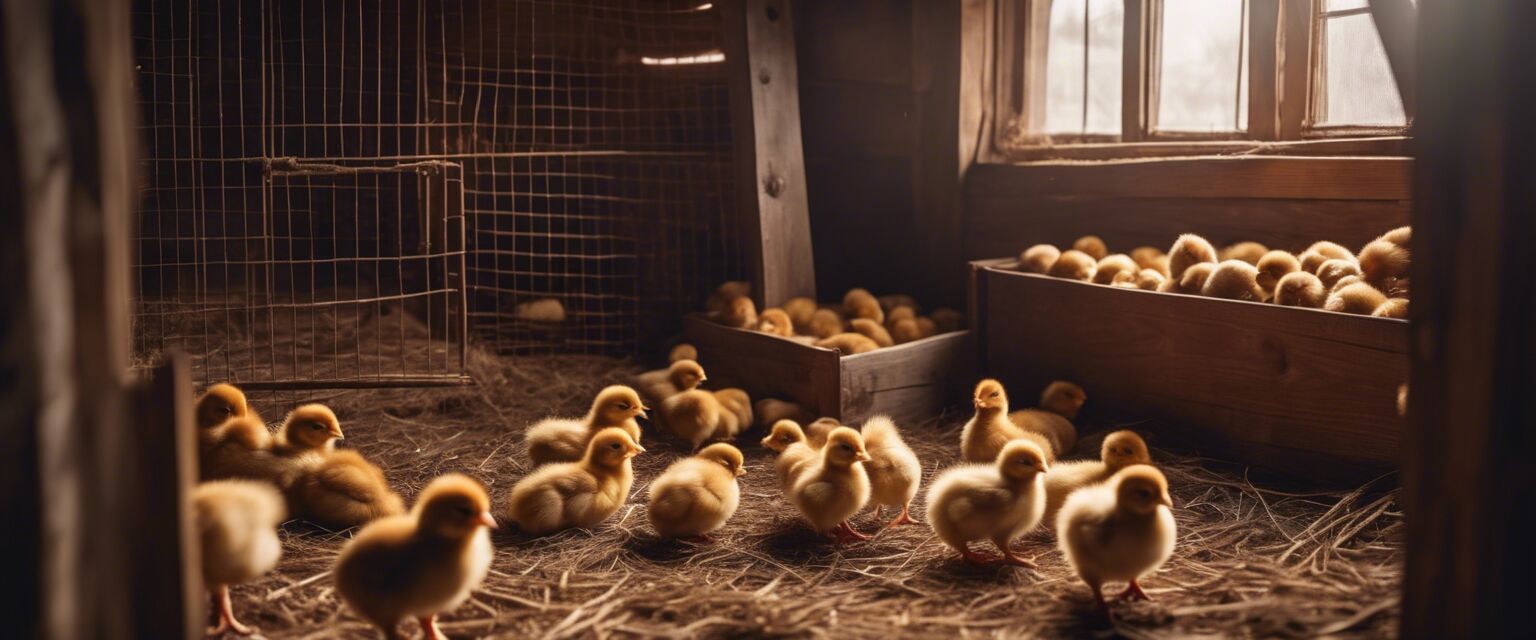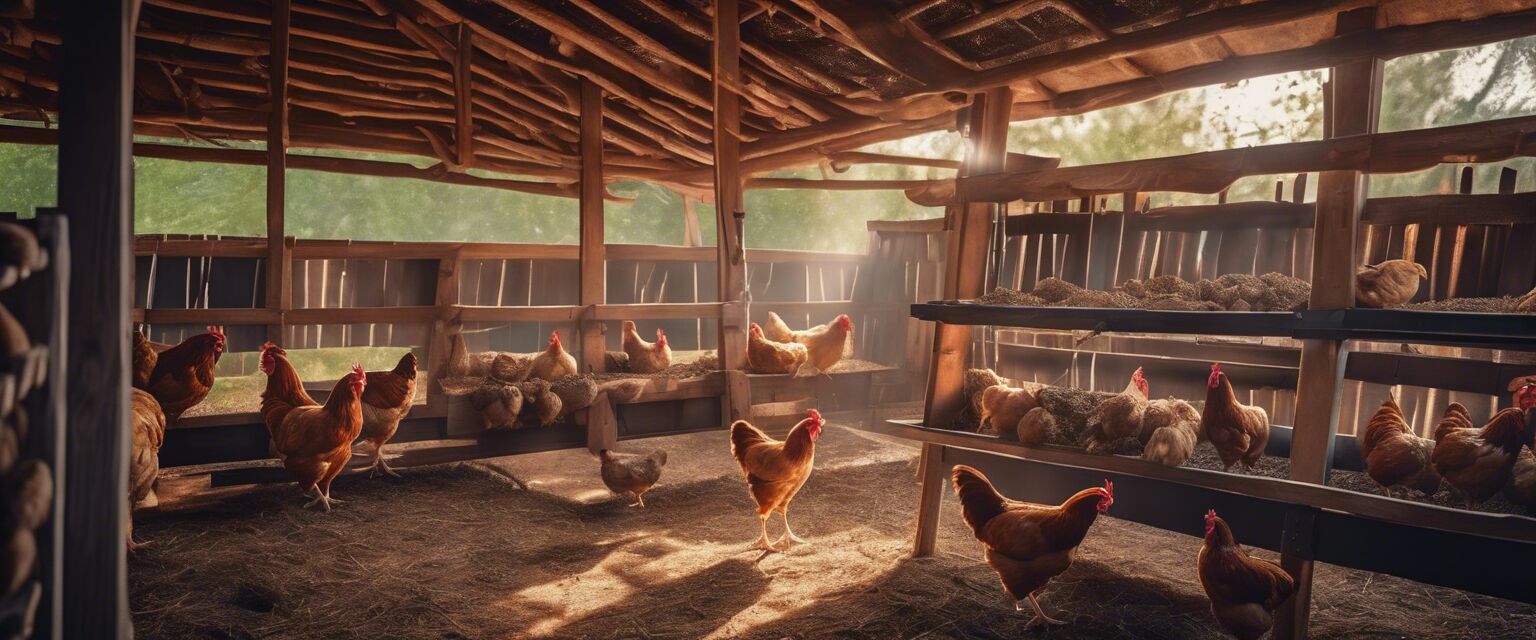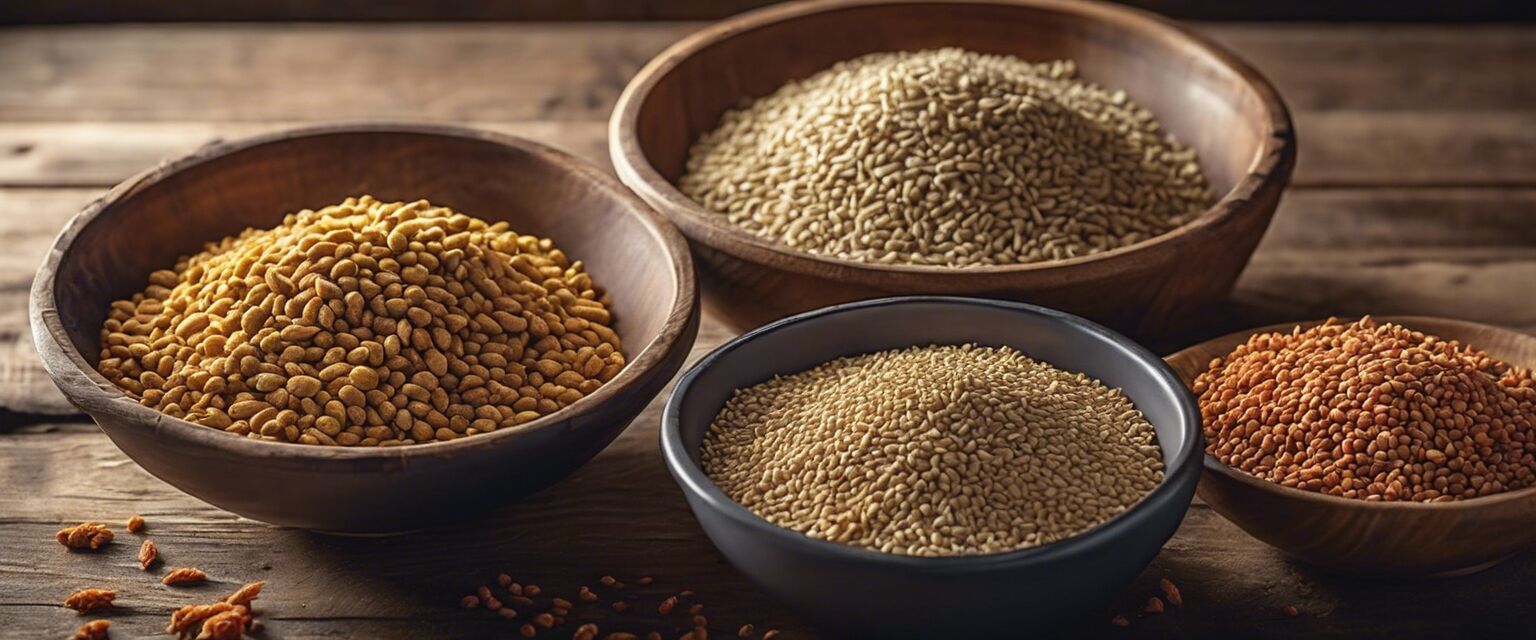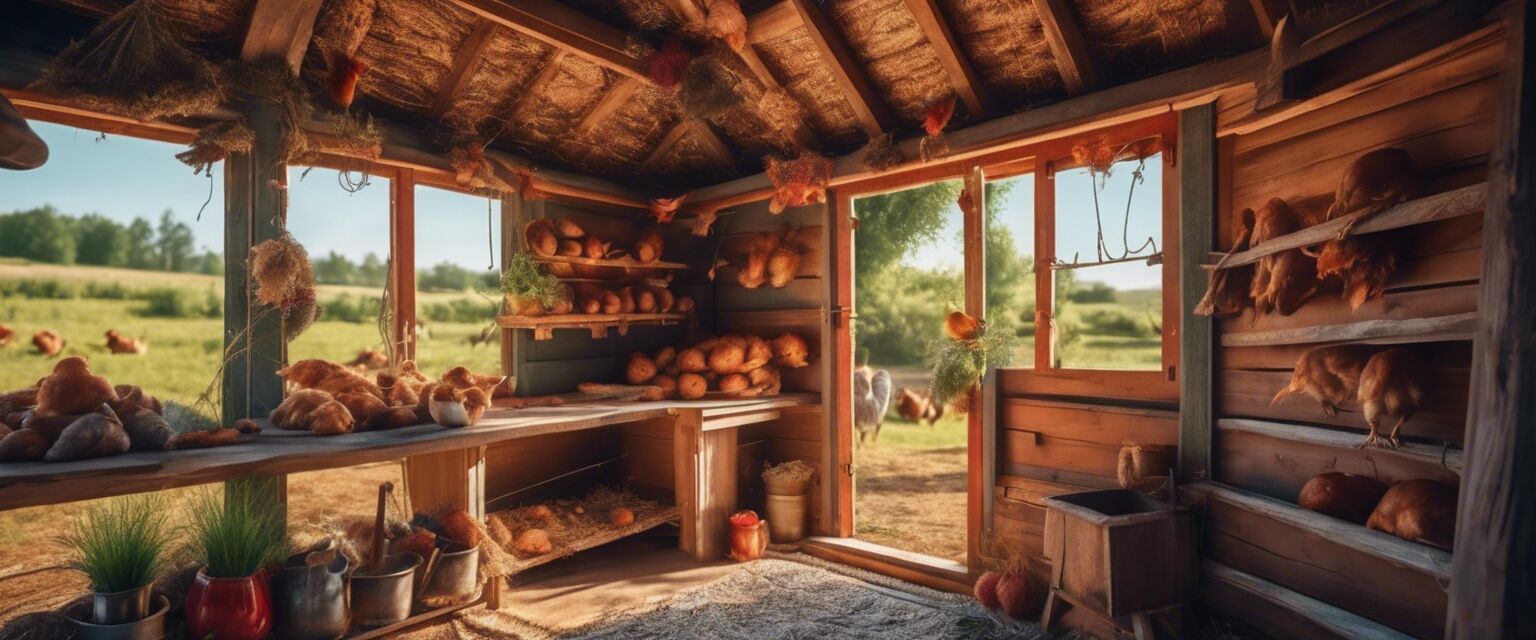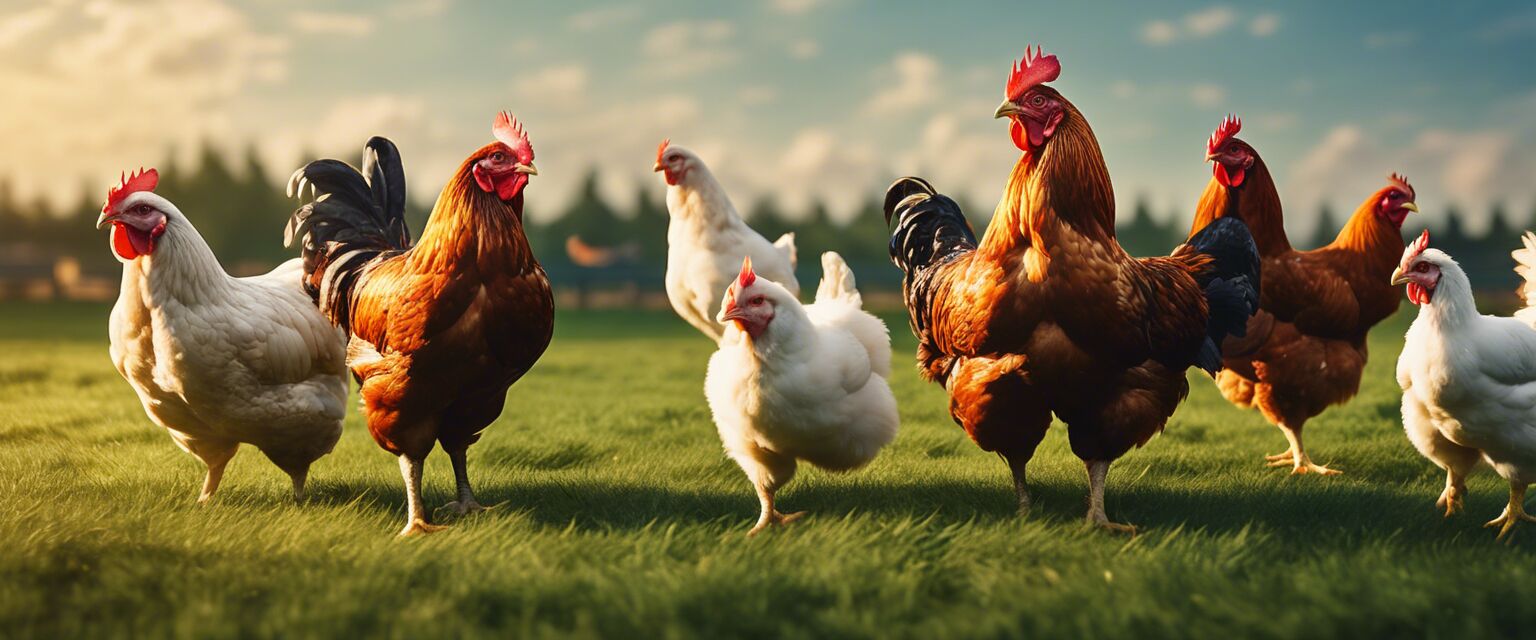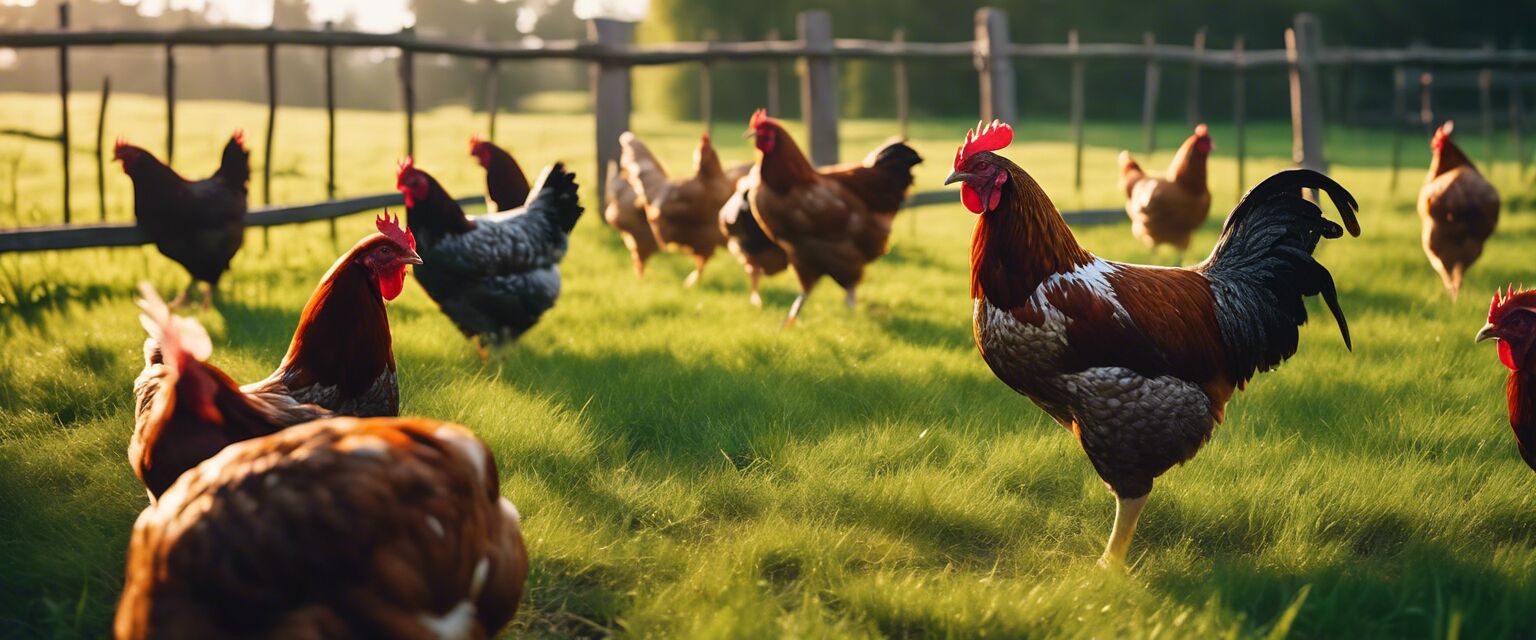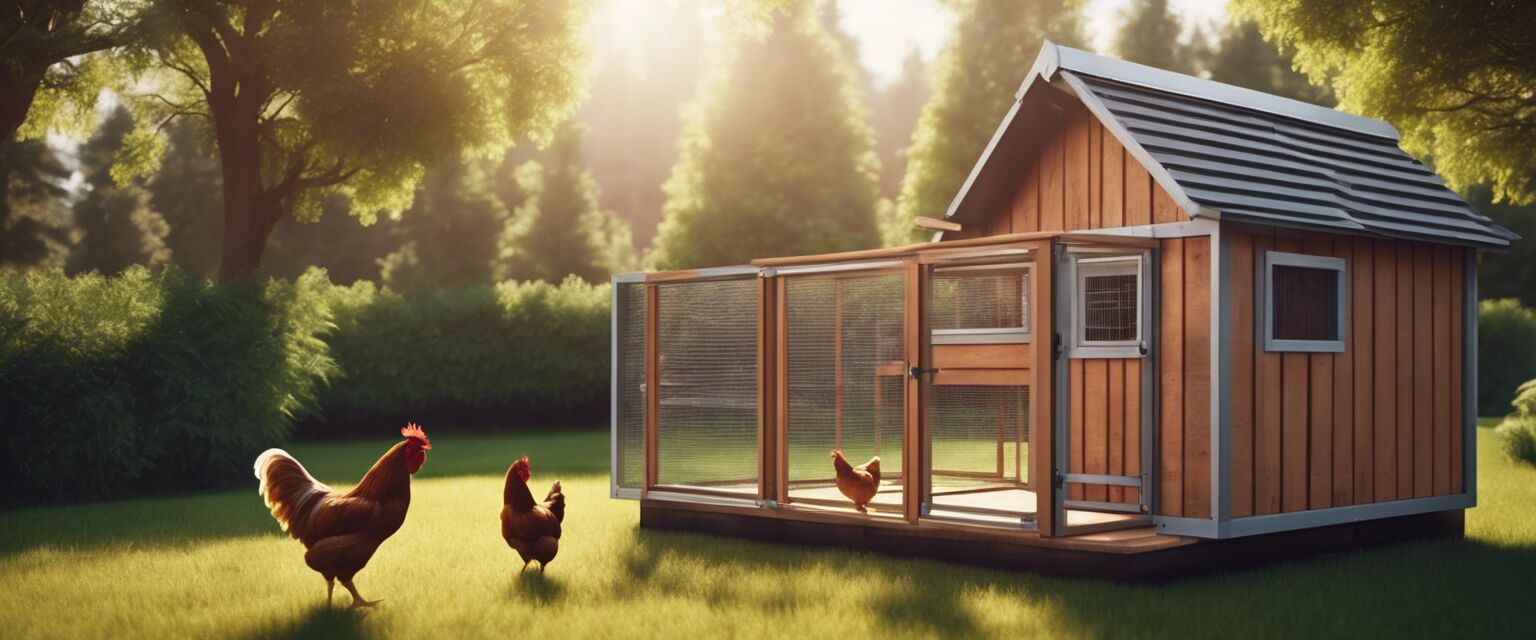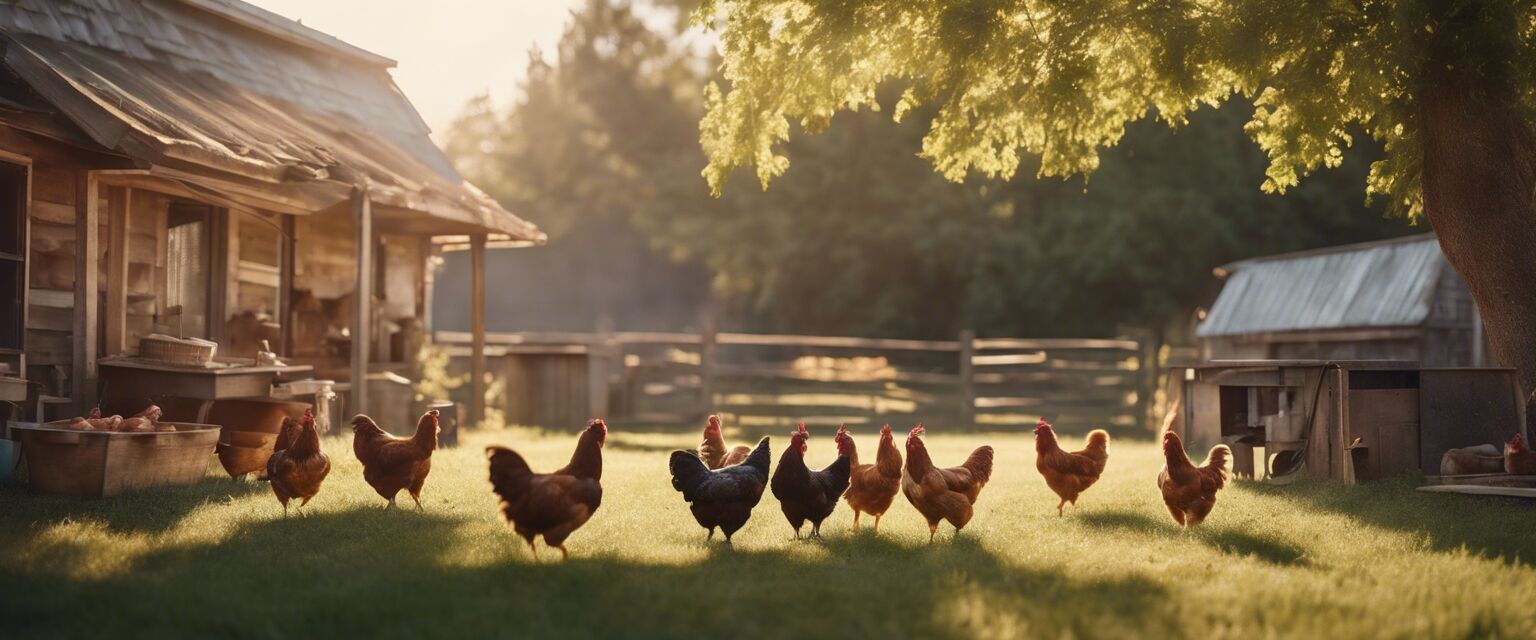
Chicken Waterers
Key Takeaways
- Chicken waterers come in various types, including automatic, gravity-fed, and trough models.
- Choosing the right waterer depends on your flock size and environment.
- Regular maintenance is essential to ensure clean water and prevent disease.
- Different materials affect durability, weight, and ease of cleaning.
- Consider the seasonal climate when selecting a chicken waterer.
When raising chickens, providing a reliable source of clean water is crucial for their health and productivity. In this article, we will explore the different types of chicken waterers available, their pros and cons, and maintenance tips to ensure your feathered friends stay hydrated.
Types of chicken waterers
| Type | Description | Pros | Cons |
|---|---|---|---|
| Automatic Waterers | Automatically refill as chickens drink. |
|
|
| Gravity-Fed Waterers | Water flows from a reservoir by gravity. |
|
|
| Trough Waterers | A large container that holds water for multiple birds. |
|
|
| Portable Waterers | Lightweight and can be moved easily. |
|
|
Maintenance Tips
Keeping your chicken waterers clean is essential for the health of your birds. Here are some tips to maintain your waterers:
- Regularly check and refill water to ensure itâs always available.
- Clean the waterer at least once a week to prevent algae growth.
- Inspect for leaks and repair any damage promptly.
- Use a vinegar solution to disinfect the waterer if needed.
- Store waterers in a shaded area during hot weather to prevent overheating.
Choosing the right waterer for your flock
When selecting a waterer, consider the following factors:
- Flock Size: Larger flocks may require larger or multiple waterers.
- Environment: Consider outdoor vs. indoor setups and climate factors.
- Material: Choose between plastic, metal, or ceramic based on durability and ease of cleaning.
- Budget: Determine how much you are willing to spend while keeping quality in mind.
Pros
- Provides essential hydration to chickens.
- Can be automated for convenience.
- Variety of designs to suit different needs.
Cons
- Some models can be expensive.
- Requires regular maintenance to keep clean.
- Potential for water contamination if not monitored.
Seasonal Considerations
Different seasons can affect your waterer choices:
- Summer: Ensure waterers are placed in shaded areas to keep the water cool.
- Winter: Consider insulated waterers or heaters to prevent freezing.
Conclusion
Choosing the right chicken waterer is vital for the health and well-being of your flock. By understanding the different types available, their advantages and disadvantages, and maintaining them properly, you can ensure your chickens remain hydrated and healthy.
Tips for beginners
- Start with a simple gravity-fed waterer if you're new to raising chickens.
- Monitor your chickens to see how much water they consume and adjust accordingly.
- Keep an eye out for signs of dirty water and clean regularly.
Explore more about raising chickens
For more information on chicken care, check out our other resources:
Image Gallery
Here are some images of different types of chicken waterers:
